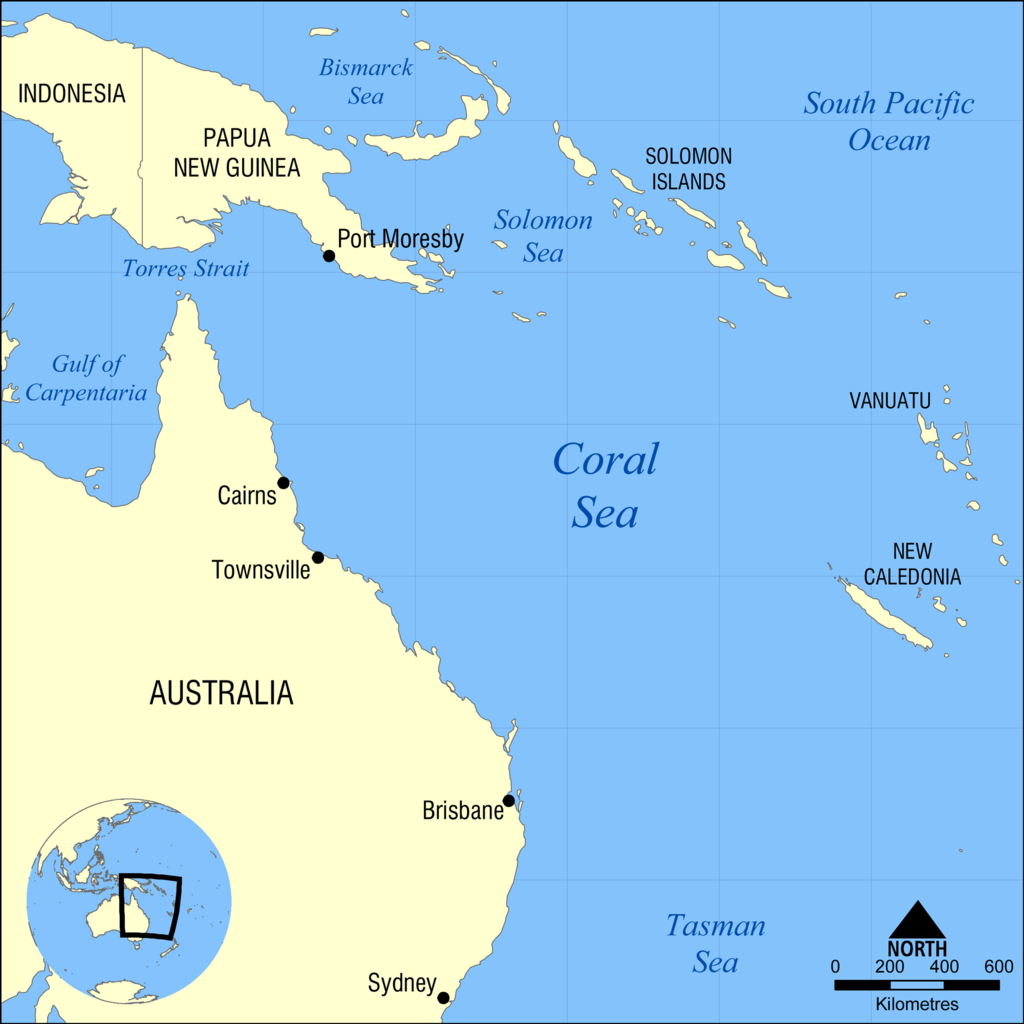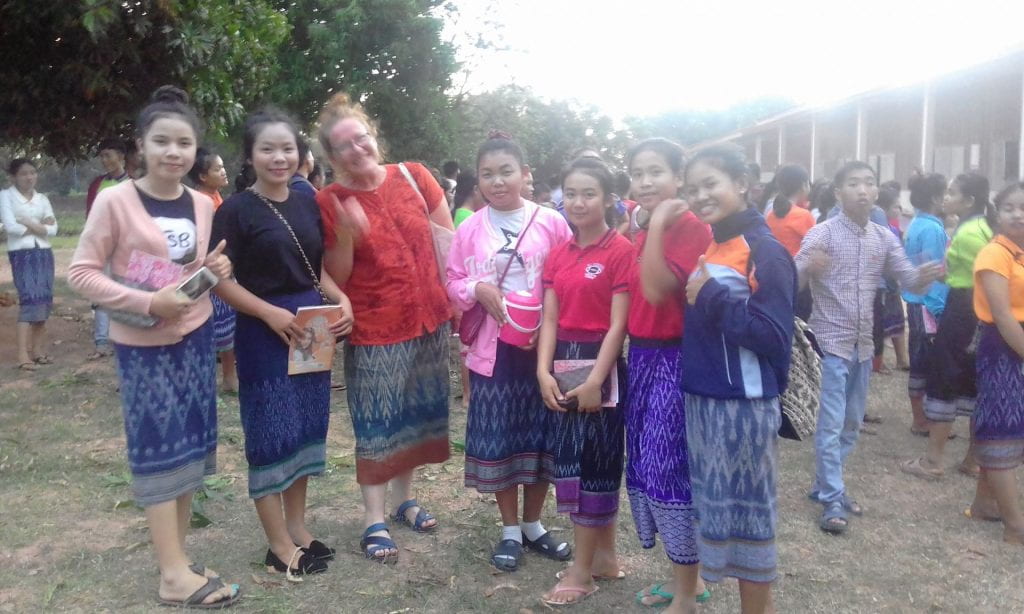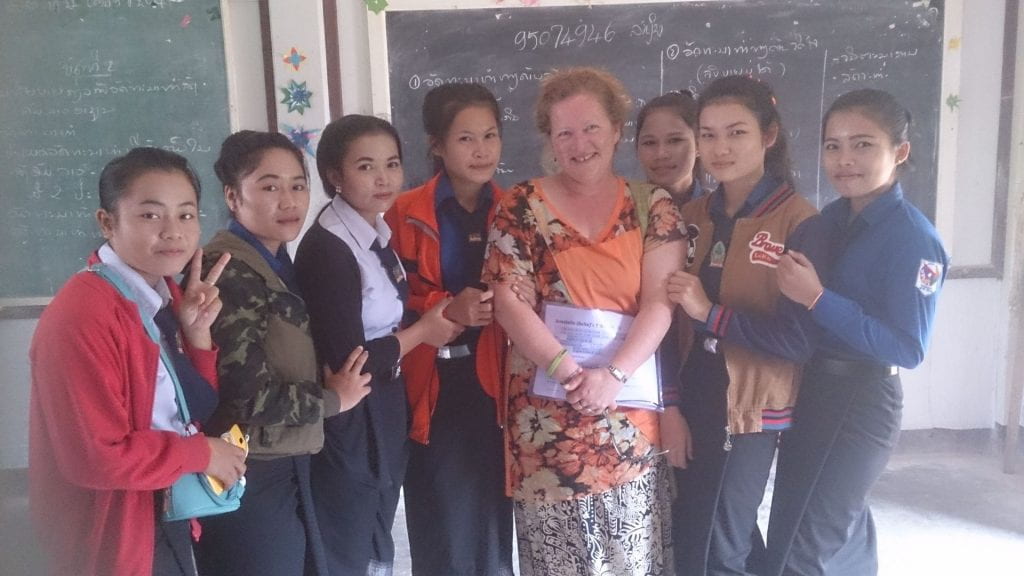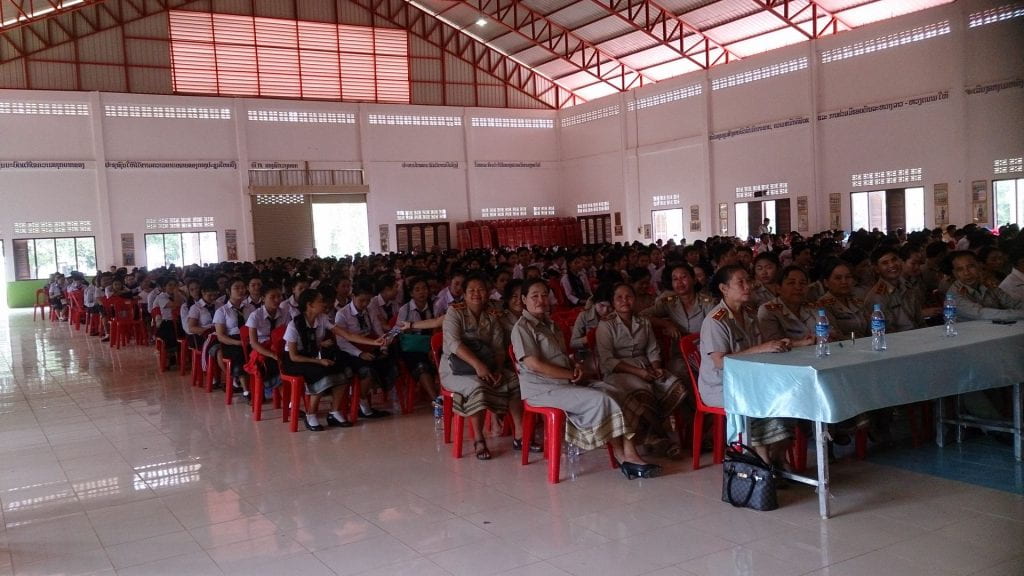

Reading Sue Ahearn’s well informed article published in Devpolicy.org (or see Who we are) provides a kind of a background to ways in which social media is used in this part of the Pacific. My knowledge and experience is with the Solomon Islands, an archipelago of small islands geographically and culturally close to the much larger PNG. At this time, the threat of COVID is very real, but in the Solomon Islands towns and more remote areas of PNG, news and ‘facts’ are shared primarily through Social Media, mostly FB.

Few people have the skills or literacy abilities for critical analysis or ‘fact finding’ beyond a headline or brief comment/claim. Paying for data to connect to the internet or to open links is out of reach of most people. Links are often posted to less reputable sites that present stories inspired by ‘conspiracy theories’ that look just as trustworthy as any other. If it is a ‘doctor’ or a ‘priest’ presenting these ‘facts’, and if they are relatable (eg dark skin), they are more likely to be shared.

Solomon Islands main provider. Note small print… Many people complain about their data disappearing, or ‘being stolen from them’ – it is very hard to keep track.

When you clicked on this blog post to open it, did you think about how much money it would cost you for the blog page to open? For many internet users in developing nations, such issues are serious considerations, given high internet prices, particularly when compared to generally low incomes.
https://devpolicy.org/internet-prices-in-papua-new-guinea-20200130/
Written by Amanda H A Watson
If my friend in the Solomon Islands has data, they can access the internet. We use Messenger or IMO to speak but the quality is incredibly low and intermittent. They may call five times, I hear the ring, answer, hello? hello? hello???? I can’t hear anything… After a minute or two, hang up, then again, hello? hello? Can you hear me? A delay … a response comes through to something I said maybe 40 seconds ago. Maybe we can have a ‘conversation’, depending on where they are standing. Sorry, you’re breaking up … sorry, what did you say? Sorry, I missed that, not clear. This is how we ‘communicate’.
Australia signs on amid security concerns
“Back in 2016 the Solomon Islands government signed a deal with Chinese telecommunications giant Huawei to lay a cable to Australia.
But the Australian government was concerned Huawei would be permitted to plug into Australia’s telecommunications infrastructure. […] The Australian Government then announced its support for the PNG cable and a few months later said it would foot most of the bill to lay the cable to the Solomon Islands as well.”
Old news now. The undersea cable was completed in 2019. As yet, there seems to be no improvement to the system or lowering of prices/access.
“Bringing lower cost fast and reliable internet and communications to the Solomon Islands through the Coral Sea Cable System and Their domestic network “
https://www.facebook.com/solomonsubmarinecable/
[No new or updated information appears to be available.]
So, beyond the data/communication issues…

The most recent Solomon Islands National Census was held on 24th November, 2019. (I was there! – it was a massive and difficult task, and like a lot of information in the Solomon Islands, is likely to not quite tell the whole truth!) But it is clear to all that it is a very rapidly growing population, and keeping up with infrastructure to support and educate this population is constantly far behind what is required.
As can be seen clearly in the information provided below, the increase in social media users in the Solomon Islands is also massive, and rapid. It is hardly surprising that with this growth, the generally low levels of media literacy or English language skills, and the proportion of the population who live in rural areas (generally village subsistence) that misinformation and/or conspiracy theories and calls to ‘return to traditional (and godly) ways’, are often the responses on or to social media posts.

Schools in the Solomon Islands are banning mobile phones – even boarding schools where the students live far from their homes and families, which has had a mixed response. (Link to interesting article about pros and cons of banning mobile phones in schools) Social media and internet access is often blamed for declining standards – loss of respect, declining education standards, increased rapes and unwanted pregnancies, domestic violence … all blamed on the proliferation of pornography and western values through mobile phone use and exposure. Interestingly, some commentators (particularly those working with NGOs) also note that it is more likely that social media and internet access just makes the news about instances involving these declining standards far more public than before.
Culture and close extended family networks mean that incidences have often been shut down and kept quiet as protection from shame being brought about after such events. Corruption at high levels has also continued ad nauseum. Social media has provided a ‘voice’ for victims and increase in awareness and human rights, but this is really so ‘new’ and so sudden that the controversy over banning Facebook by the Solomon Islands Government is hardly surprising. (see previous post: SOCIAL MEDIA IN LESS DEVELOPED COUNTRIES)
Covid-19
Globally shared information about Covid-19, in a country that has had only 20 cases, all brought in by overseas travellers and quarantined, with apparently few to no symptoms, is difficult to take on or believe or relate to. I hear regularly of far too many deaths in the only National Referral Hospital, people of all ages, dying primarily of Non-communicable diseases and lack of treatment options being available. These deaths are shared by family members and people pay their condolences with messages on Facebook. It is hardly surprising that local Solomon Islanders would be more inclined to stories and local pandemics rather than this foreign pandemic that has the world on edge, and a ‘vaccination’ for something that hasn’t touched them beyond closed borders and financial loss.

As can be seen in the latest on COVID in neighbouring PNG (above), the case in the Solomon Islands is volatile and could change rapidly at any time. Much international Aid and attention has been put on the Covid pandemic with increased education and quarantine measures, but many people are resistant and aggrieved that this money is not being spent on existing problems.
For better or worse, social media is a tool that has opened up communication and access to information in the Solomon Islands but how much of this is ‘mis-informed bullshit’ remains a cause for concern and vigilance.











